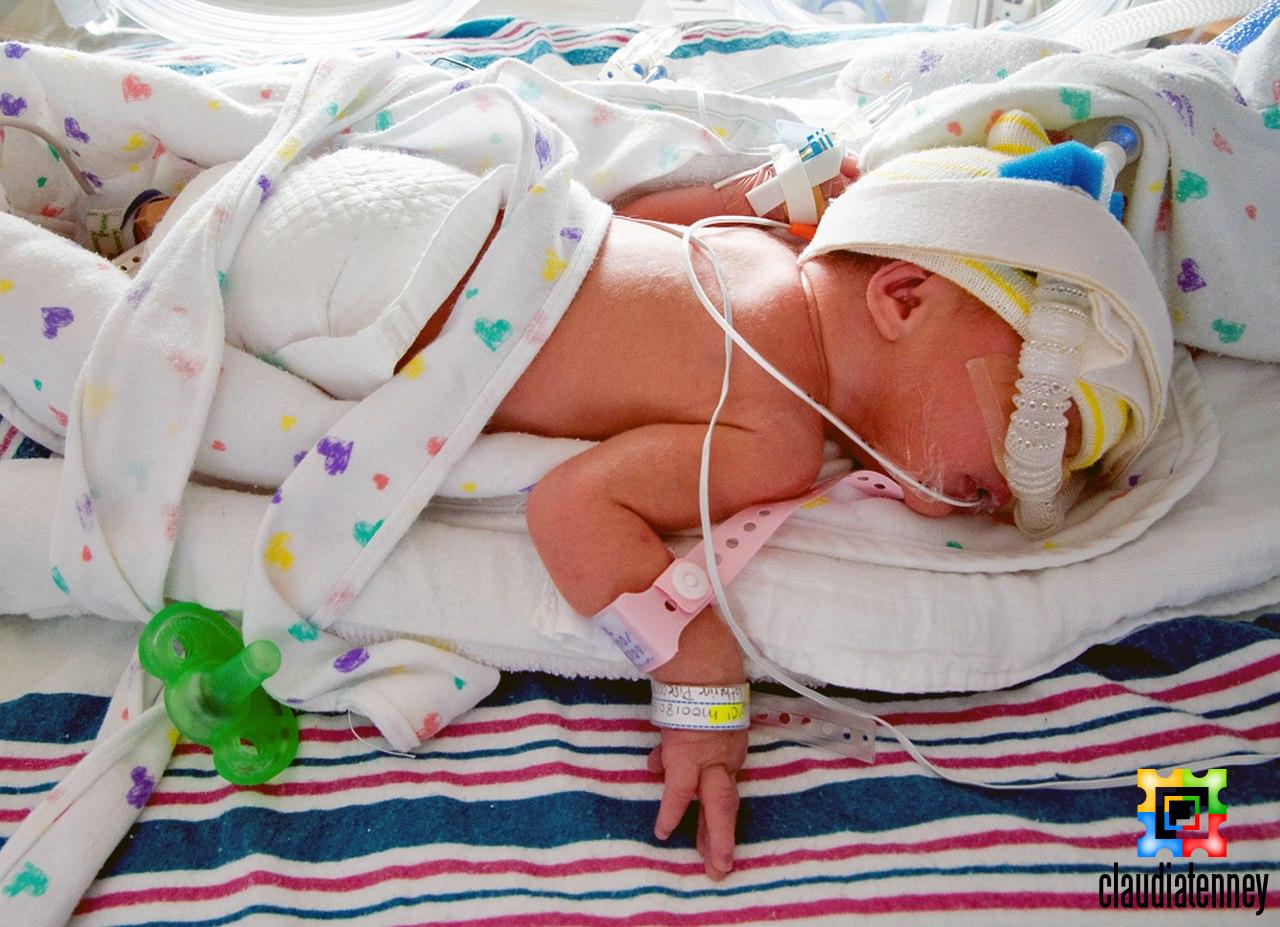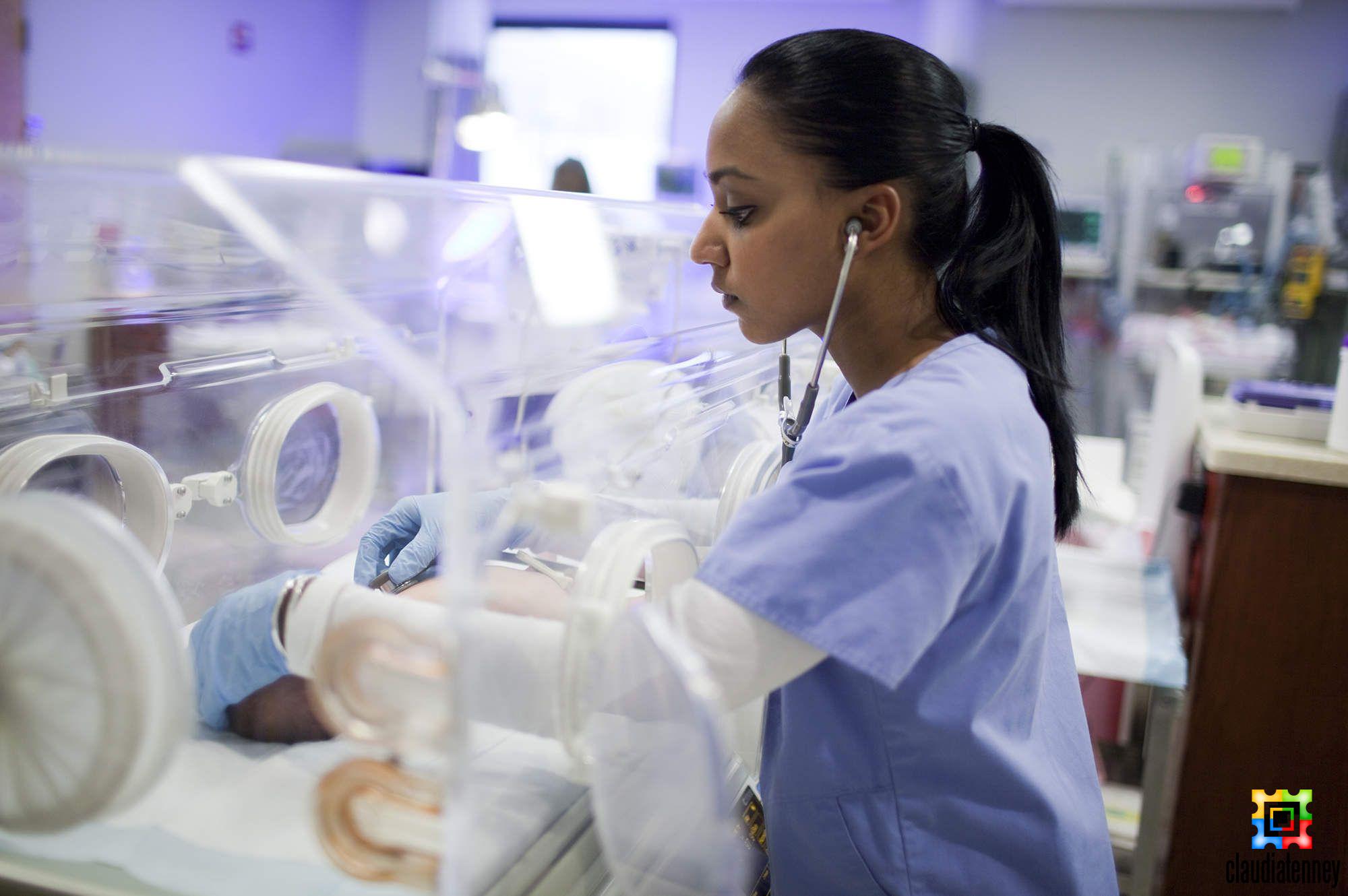Neonatal nurses are an important part of a hospital’s nursing team, and they offer comfort and education to newborns and their families. NICU nurses also work to keep parents and other family members informed. These nurses must be highly trained in neonatal care, and they should have extensive experience working in the NICU. They should also have written numerous research papers on neonatal issues and should be well known within the field. If they are, then they can be a valuable networking asset for you once you graduate from nursing school.
NICU nurses provide comfort and education to families
The role of NICU nurses is crucial. Because newborns are so small and ill, they have few ways to communicate their needs. They can quickly decompensate and require constant monitoring, and the nurses are expected to stay vigilant for signs of distress. These newborns have many physiological differences compared to adults, which means they are more vulnerable to decompensation than older infants or adults.
Nursing is a physically demanding job. While NICU nurses are often able to enjoy a lower risk of back injuries than other nurses, nursing does involve lifting and repositioning patients. Most nurses are not used to lifting and moving adults, and nursing can be a difficult occupation for many. According to the Bureau of Labor Statistics, nurses are ranked among the six highest-risk occupations, and back injuries affect up to 38 percent of nurses in the U.S.

Parents can feel stressed and helpless when their newborn is in the NICU. Some parents are afraid to come in because of guilt or fear. They may be blaming themselves for the premature birth. Other parents may be unable to come in because they’ve grown attached to the baby and are afraid to take him or her home. NICU nurses can provide comfort and education to parents and families who are struggling with their child’s condition.
Earning certification as a neonatal nurse
Earning certification as a neonatal nursing professional requires a nursing degree from an accredited school and passing the NCLEX-RN examination. The job also requires two years of nursing experience. After earning certification as a neonatal nurse, you can advance in your career by pursuing additional specializations.
Earning certification as a neonatal nursing professional can increase your annual salary by over $20,000, especially if you work in a large hospital. Although a majority of neonatal nurse positions are available in large hospitals, many smaller hospitals don’t have a NICU. For this reason, it is essential to choose a college that offers a NICU nursing program that’s within driving distance.

In some areas, employers may require a few years of experience in the adult health care field. However, some employers will hire recent college graduates. Depending on your education and experience level, you may be able to get a job faster by earning a MSN and specializing in neonatal care. However, you’ll need more
experience if you plan to advance to a higher level of care. For example, you may choose to work in a Level III nursery, which requires more experience and specialized skills.
Continuing education requirements for neonatal nurses
As a neonatal nurse, you are responsible for providing care for new-born children and their parents. As such, continuing education is essential to keep your skills up to date. There are various educational opportunities available, including online learning opportunities, Continuing Education for Neonatal Nurses (CEnN) courses, and conferences.
A certificate program in neonatal nursing can provide you with an in-depth knowledge of neonatal care. A specialized certificate program in neonatal care may also qualify you for advancement within the profession. These programs are designed to teach the essentials of care for newborns and critically ill infants. They are evidence- based and include interactive case studies and practice activities to improve your knowledge and skills.
If you want to work as a neonatal nurse, you will need to be licensed as a registered nurse. The requirements for licensure vary from state to state. Once licensed, you can pursue specialty certification in neonatal care, such as neonatal intensive care and critical care. Most hospitals will hire only highly educated and experienced nurses. For this reason, you will need to have a bachelor’s degree or at least two years of nursing experience. If you do not have a bachelor’s degree, you may want to consider enrolling in a master’s or doctoral degree program. Both types of programs should offer you a spectrum of electives, including neonatal care.
Earning a bachelor’s degree as a neonatal nurse
If you are considering a career as a neonatal nurse, you may be wondering what exactly goes into a typical day. This field is highly varied and includes everything from assisting mothers during childbirth to performing cognitive tests on newborns. Additionally, neonatal nurses will often help patients’ families by integrating them into the critical care process.
This specialty requires high levels of competency in various nursing techniques and a strong work ethic. Working with neonates requires specialized knowledge in areas such as resuscitation, neonatal nutrition, and IV therapy. Additionally, nurses are required to be able to use sophisticated medical equipment and have an in-depth knowledge of different medications.
In order to become certified as a neonatal nurse, you must first earn your RN license. After a few years of practice, you will need to pass the CCRN exam. You’ll also need to have completed a minimum of 2,000 direct care hours.



